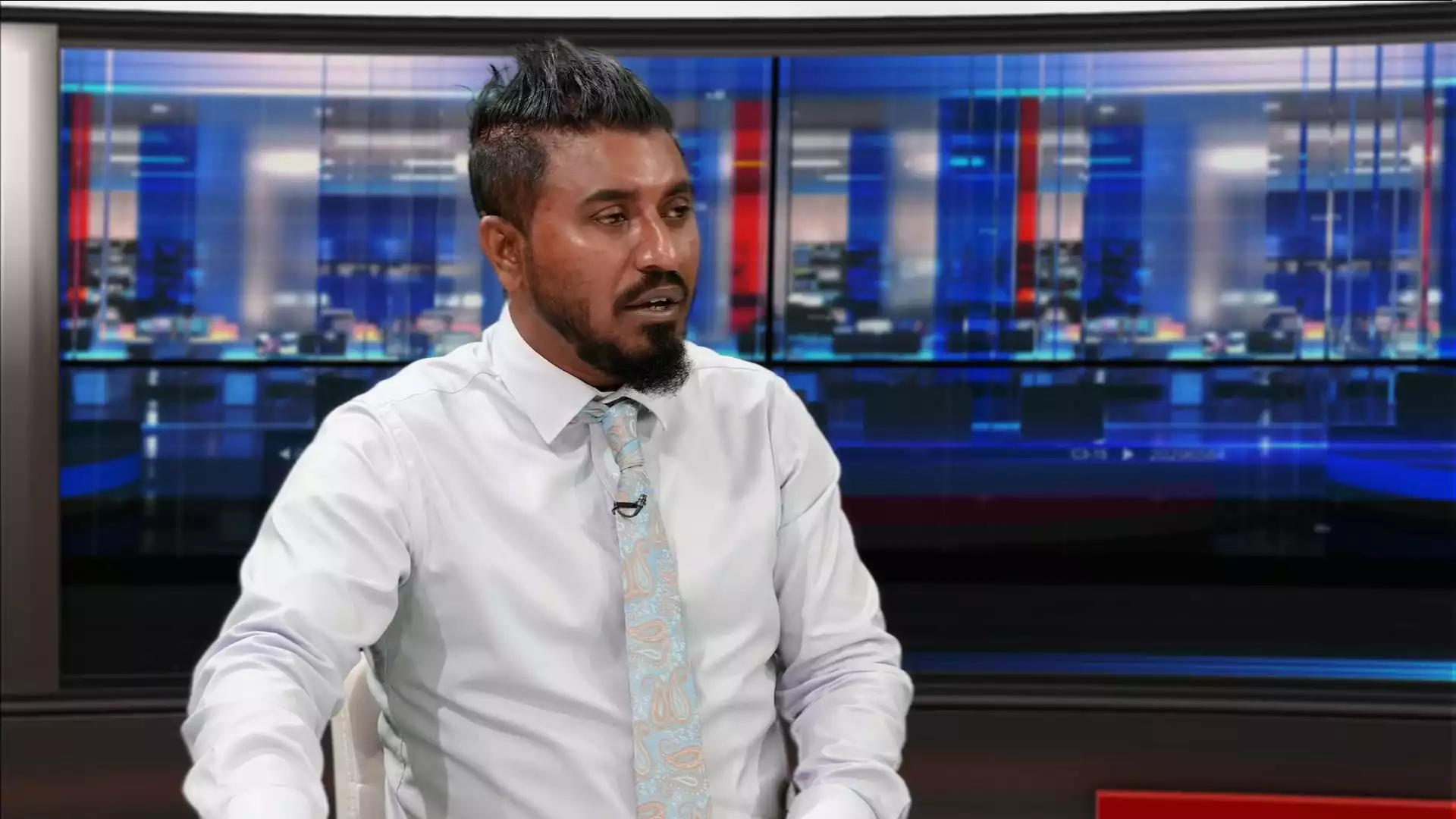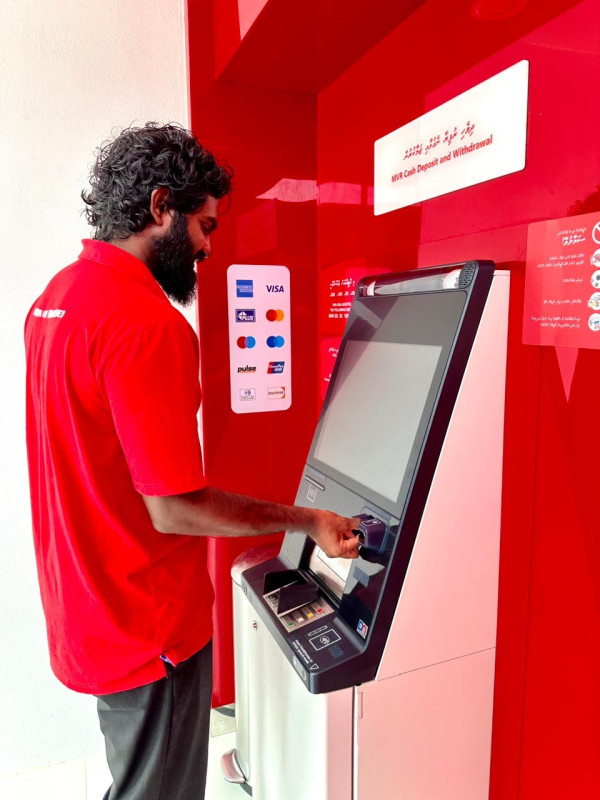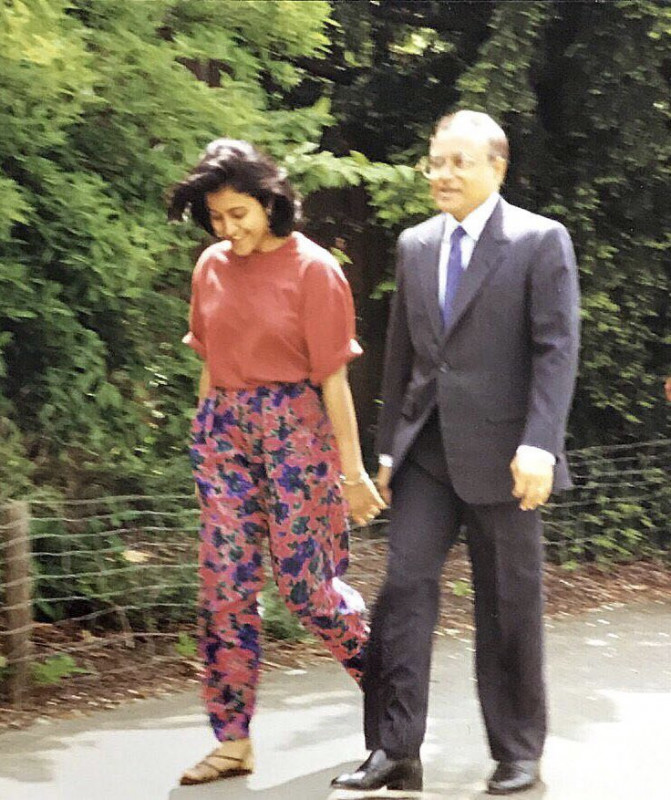If media control bill passes, gov’t could ban social media platforms at will!
Nishan emphasized that at the end of the day, what matters is what the bill actually says


Lawyer Mohamed Nishan Ibrahim speaking on RaajjeTV's 'Fala Suruhee' programme.
If the controversial media control bill is passed, it would grant the government sweeping authority to ban social media platforms whenever it deems necessary, a move that critics warn poses a serious threat to freedom of expression.
In an exclusive interview with RaajjeMV, prominent lawyer Mohamed Nishan Ibrahim highlighted the far-reaching implications of the bill, particularly Article 60, which extends traditional media restrictions to online and internet-based platforms.
According to Nishan, government delegations are now being dispatched to various atolls in an effort to "reshape public perception" of the bill. However, he cautions that no amount of advocacy changes the core intent and language embedded in the law.
Nishan emphasized that at the end of the day, what matters is what the bill actually says.
A broad and vague scope
Article 60 of the bill states, “the principles outlined in this law regarding newspapers shall also apply to electronic media, to the extent relevant to that media. Further, the principles outlined in the law regarding journalists shall also apply to those working in electronic media, to the extent relevant to them.”
Nishan pointed out that the clause clearly brings internet-based communication under the scope of the bill, opening the door for government control over a wide array of digital platforms.
The definition is further reinforced in Article 80(e), which states, “electronic media’ refers to audio, video, tape and digital storage media, and the internet.”
By this definition, Nishan explained that commonly used platforms such as Facebook, X, and Telegram fall squarely within the government's regulatory reach.
A dangerous precedent for online expression
Taken together, Articles 60 and 80(e) effectively allow the government to treat social media platforms as traditional media outlets, thereby subjecting them to the same controls, restrictions, and potential shutdowns.
Nishan warned that if the bill is passed in its current form, any provision that applies to newspapers or journalists could also be enforced against individuals or entities using social media, depending on how the government interprets “relevance.”
The lawyer stressed that the bill creates a legal pathway for censorship under the guise of media regulation.
The bigger picture
The introduction of the media control bill comes amid growing concerns about shrinking space for free expression in the Maldives. Critics argue that rather than modernizing media laws to adapt to the digital age, the bill appears designed to tighten the government's grip on online discourse.
While the government insists that the bill is necessary to combat misinformation and regulate irresponsible reporting, legal experts like Nishan believe that its broad language and vague definitions open the door to abuse, selective enforcement, and political censorship.






